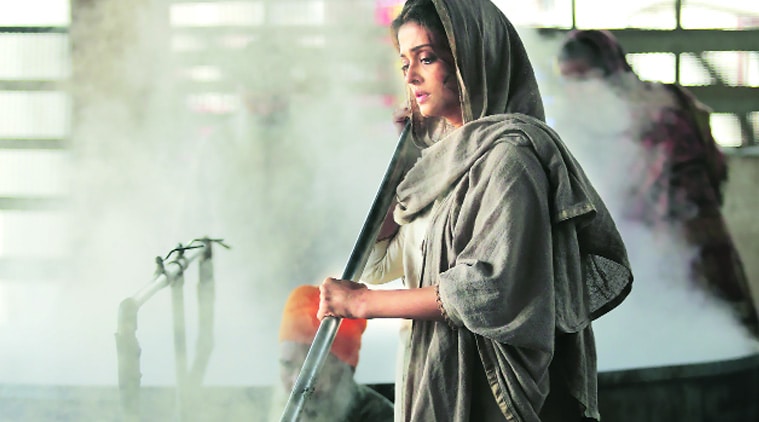
Film: Sarabjit
Composers: Jeet Gannguli, Amaal Mallik,Tanishk Bagchi ,Shail-Pritesh,Shashi Shivam
Lyrics: Rashmi Virag, Sandeep Singh, Arafat Mehmood, Haider Najmi
Omung Kumar’s upcoming film Sarbjit, based on the life of Sarabjit Singh — an Indian convicted of spying in Pakistan, who was sentenced to death — puts out 10 tracks, most of which stick to syrupy balladeering or Punjabi folk. Despite a variety of composers, Sarbjit delivers tuneful but average pieces. The textural range doesn’t travel in significant directions and remains pretty much on the surface.
The album opens with Salamat, a typical Jeet Ganguly number — the kind we have heard in so many other films. Soppy, slightly corny in terms of lyrics, with a basic violin, guitar and drum arrangement, it’s a rehash of the rest of his music. Violins segue into cascading guitars, followed by Arijit Singh’s voice. The composition can’t draw much out of him here. Tulsi Kumar’s auto-tuned and thin voice should be avoided for most projects. As for this, she turns it into a cry festival and not in a good way. Dard felt like a sad song from the ’90s, which has been transported into 2016. Sonu Nigam embellishes the existing melody beautifully but the problem is its average composition.
Then comes Tung Tung, the album’s attempt at a folk dance number. Though someone like Sukhwinder Singh has attempted it, the composition is monotonous, with the same old tumbi and dhol arrangement. Rabba in Shafqat Amanat Ali’s voice is just about alright — the kind he can do in his sleep, which doesn’t have much soul. Shail-Pritesh deliver the better melodies of the album, beginning with Meherbaan, a qawwali by Singh, Shail Hada and Munnawar Masoom, which lifts things for a while with its stop-and-listen beginning, comprising fantastic guitar preludes and Singh’s voice. Barsan laagi, based on raag Megh Malhar, begins beautifully in Hada’s voice. But by the time it reaches the antara, it goes so far away from the melody it begins with, so much so that it can never find a smooth landing.
Baba Bulleshah’s Allah hu finds a fine rendition and complicated composition to become the album’s best piece. Here, the complication comes from rhythmic patterns, and sumptuous arrangements with a sense of urgency. A riff on an acoustic guitar opens the lullaby Nindiya, which besides not going with the sound of the film, does not even go with the sound of a lullaby. It’s unsettling. Overall, the album trapezes into ordinary more often than not. It has some uplifting moments but is never really able to find a proper structure or brilliance.